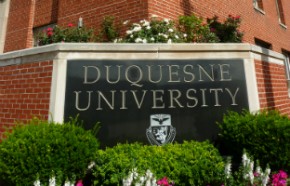What religious freedom isn’t
These days social conservatives are all about religious freedom. As the wider culture has tacked left, the right has shifted to a rhetoric of conscientious objection. The free exercise of religion, once championed most prominently by minority faiths and their liberal defenders, has become a prime conservative talking point.
While some liberals are broadly dismissive of such arguments, we Century editors are not. Religious freedom is a bedrock of American pluralism and its fertile religious soil. When religious rights conflict with others, such as the right of LGBTQ people not to face discrimination, finding a solution will not be easy. Competing rights must be balanced, which requires that we seek creative compromise. (See this issue's news story.)
Yet some advocates of religious freedom seem to have something in mind besides free exercise for all. For example, some Christians trumpet religious freedom but seem uninterested in the rights of Muslims near Dallas who face fierce opposition to their plan to build a religious cemetery or in the rights of Apaches in Arizona who are fighting for a sacred site threatened by mining interests. When Christians decline to defend such groups, they betray their selective dedication to the religious freedom cause.





